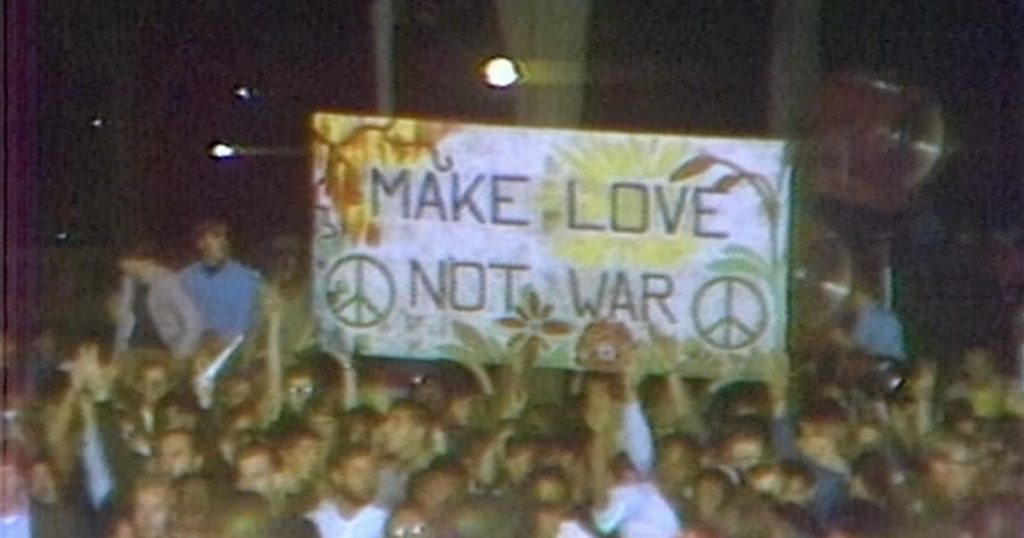This week, Democrats are convening in Chicago for their convention, which has invoked memories of the violent clashes that occurred during the 1968 convention in the same city. The prospect of protests has raised tensions, reminiscent of the volatile atmosphere that characterized the 1968 event. Inside the convention in 1968, tensions were also high, with journalist Dan Rather being prevented from speaking to a participant, highlighting the deep divisions and unrest within the party at that time.
The memories of the chaotic and violent 1968 convention are still fresh in the minds of many as Democrats gather in Chicago once again. The clashes between protestors and law enforcement, as well as the internal divisions within the Democratic party, are being revisited in light of the current political climate. The prospect of protests at the convention this year has heightened anxieties and evoked concerns about potential violence and disruptions, similar to those experienced in 1968.
The tension and division within the Democratic party in 1968 served as a backdrop for the violent clashes that erupted during the convention in Chicago. These events underscored the deep-seated disagreements and ideological rifts within the party at that time, as well as the broader societal unrest that was prevalent in the late 1960s. The echoes of that tumultuous period are being felt once again as Democrats gather for their convention in Chicago, with the prospect of protests reigniting memories of the past.
The parallels between the current political climate and the events of 1968 are striking, with both periods marked by social and political upheaval. The divisions within the Democratic party, as well as the broader societal tensions that are simmering beneath the surface, are reminiscent of the unrest that characterized the late 1960s. The prospect of protests at the convention this year has raised concerns about the potential for violence and disruption, mirroring the events of 1968 and underscoring the challenges facing the party and the country as a whole.
As Democrats gather in Chicago for their convention, the specter of the violent clashes that occurred in 1968 looms large, casting a shadow over the event. The memories of that tumultuous period serve as a stark reminder of the deep-seated divisions and societal unrest that have plagued the party and the country in the past. The prospect of protests at the convention this year has reignited fears of violence and disruptions, highlighting the challenges facing the Democratic party as it seeks to navigate a politically polarized and volatile landscape.
In the midst of the current political climate, with tensions running high and societal unrest on the rise, the prospect of protests at the Democratic convention in Chicago has evoked memories of the violent clashes that occurred in 1968. The parallels between the two periods serve as a cautionary tale, highlighting the challenges and divisions that have plagued the party and the country throughout its history. As Democrats come together to unify and chart a path forward, they are faced with the daunting task of confronting the echoes of the past while striving to build a better future for all Americans.


